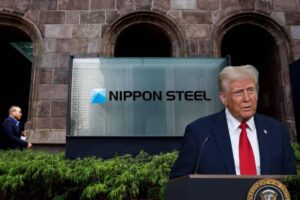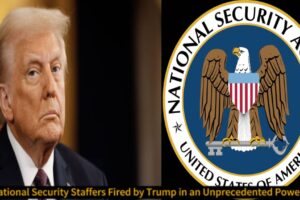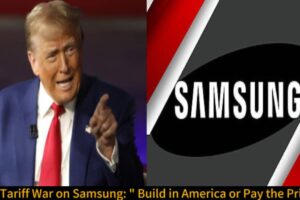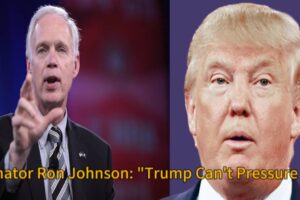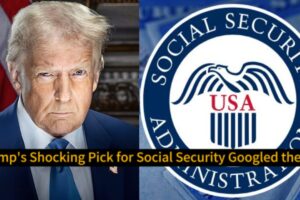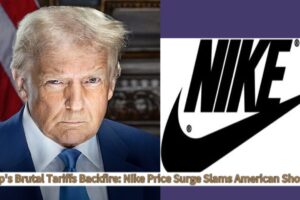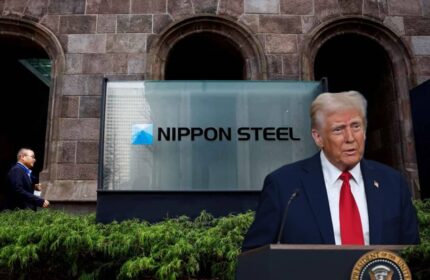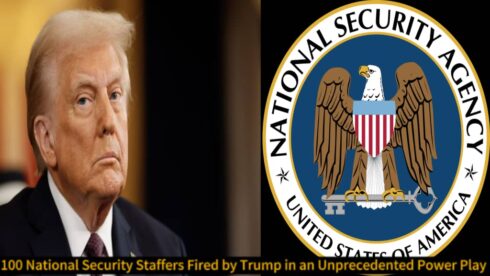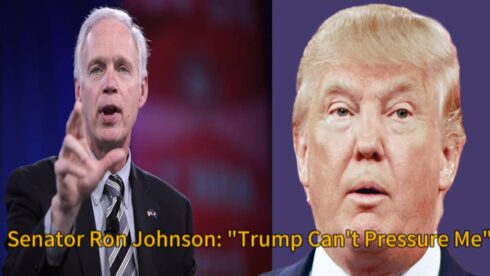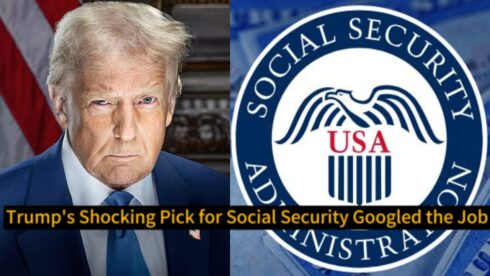President Donald Trump on Friday unveiled what he called a “planned partnership” between U.S. Steel and Japan’s Nippon Steel, framing it as a victory for American manufacturing, workers, and national pride. In a post on Truth Social, Trump announced that U.S. Steel will retain its headquarters in Pittsburgh, Pennsylvania, despite previous concerns that the company could relocate or be absorbed fully into foreign hands.
“I am proud to announce that, after much consideration and negotiation, U.S. Steel will REMAIN in America, and keep its Headquarters in the Great City of Pittsburgh,” Trump stated. “For many years, the name ‘United States Steel’ was synonymous with Greatness, and now, it will be again.” The former president claimed the partnership would create at least 70,000 new jobs and inject $14 billion into the U.S. economy.
The announcement sent U.S. Steel’s stock soaring by 21%, with continued gains in after-market trading. Trump also promised to hold a “BIG Rally” at the U.S. Steel facility in Pittsburgh on May 30 to celebrate the agreement.
This Trump Controversial Deal Turned Political Centerpiece
The planned $14.9 billion acquisition of U.S. Steel by Nippon Steel had been a hot-button issue throughout the presidential campaign. Both Trump and former President Joe Biden had previously expressed opposition to the takeover, citing national security concerns and the preservation of American industrial sovereignty. Under Biden’s administration, the Committee on Foreign Investment in the United States (CFIUS) moved to block the deal, prompting both companies to file lawsuits.
Friday’s announcement marks a dramatic pivot, reframing the takeover as a “partnership” rather than an outright acquisition. It remains unclear who will ultimately own U.S. Steel, and the White House has yet to issue any formal comment on the revised structure of the arrangement.
U.S. Steel’s CEO David Burritt had earlier warned that blocking the deal would jeopardize the company’s future in Pittsburgh, noting the company might “largely pivot away” from the city. Friday’s announcement appears to address those concerns, though it leaves many questions unanswered about long-term ownership and governance.
Industry Reactions and Strategic Commitments
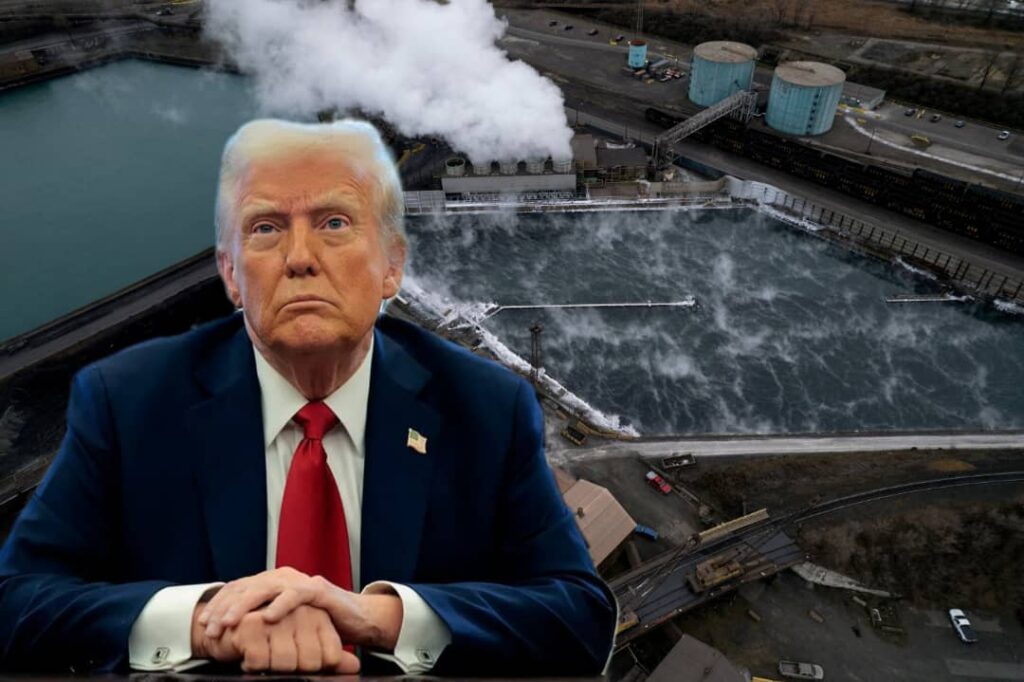
U.S. Steel released a glowing statement praising Trump for his leadership, describing the deal as a transformative opportunity. “U.S. Steel will remain American, and we will grow bigger and stronger through a partnership with Nippon Steel that brings massive investment, new technologies, and thousands of jobs over the next four years,” the statement read. The company also emphasized the importance of Trump’s “personal attention to the futures of thousands of steelworkers.”
Nippon Steel echoed that sentiment, stating that it “applauds President Trump for his bold action to approve our partnership with U.S. Steel.” While offering little detail about the exact terms of the partnership, the Japanese firm called the agreement a “game changer” and pledged alignment with the Trump administration’s goals of protecting American jobs and bolstering national security.
To sweeten the deal, Nippon Steel had previously committed $2.7 billion to upgrade facilities in Pennsylvania and Indiana, adding to an earlier $1.4 billion investment pledge. These figures, combined with Trump’s new economic projections, suggest a major infusion of capital and technology into the American steel sector.
A Deal Years in the Making
The roots of the current partnership go back to 2023, when Nippon Steel first made a bid to acquire U.S. Steel. The deal was quickly met with resistance from labor unions and political leaders. The United Steelworkers union, which has long opposed the acquisition, did not issue an immediate response to Friday’s announcement.
While on the campaign trail, Trump had voiced strong opposition to the deal, declaring he was “totally against the once great and powerful U.S. Steel being bought by a foreign company.” After Biden formally blocked the acquisition earlier this year, Trump hinted in February that a restructured investment plan might be in the works instead of a full takeover.
According to Japanese media outlet Nikkei Asia, negotiations have included various models, from complete ownership to joint ventures and strategic investments. “U.S. Steel is a very special company. We don’t want it to go to Japan or any other place,” Trump said last month. “So we’re working with them.”
Uncertainty Remains Over Ownership and Regulatory Review
Despite the celebratory tone of Friday’s announcement, several key details about the partnership remain undisclosed. It is unclear whether the CFIUS will approve the new arrangement or if it will still be subject to national security review. Ownership structure—particularly whether U.S. Steel will become a Nippon subsidiary or remain independently governed—is still murky.
Some experts argue that rebranding the deal as a “partnership” rather than an acquisition may be a strategic move to circumvent political and regulatory obstacles. However, the ambiguity has also fueled speculation about whether the core structure of the Nippon bid has truly changed or simply been repackaged for public and political palatability.
Regardless, Trump’s announcement marks a significant shift in tone and trajectory for the deal. The former president appears eager to present the arrangement as a triumph for American workers and industry just months before the 2024 presidential election—setting the stage for steel and manufacturing to become key campaign issues.
As the dust settles, all eyes will be on the fine print of the deal and how federal regulators and labor unions respond in the days ahead.


